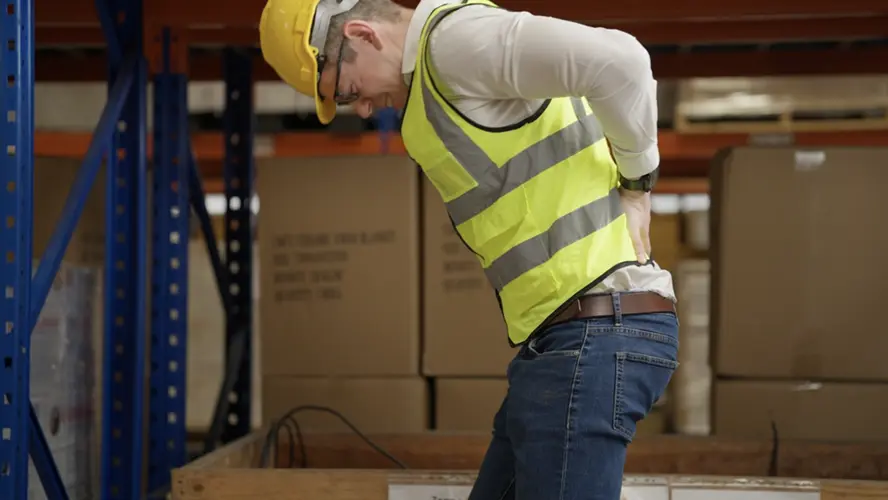Common Workplace Injuries in Georgia and How to Prevent Them
Understanding Workplace Injuries in Georgia
In a state where workplace safety takes center stage, it is vital to comprehend the prevalent workplace injuries in Georgia and explore ways in which both employees and employers can prevent them.
Slips, Trips, and Falls: Minimizing Hazards
One of the leading causes of workplace injuries in Georgia is slips, trips, and falls. These accidents often result from slippery surfaces due to inadequate maintenance, as well as obstructions and uneven flooring. Employers can minimize such risks by conducting regular maintenance, repairs, and ensuring proper signage and warning systems are in place.
Handling Heavy Machinery: Safety Dos and Don’ts
Heavy machinery poses significant hazards in the workplace. Mechanical failures, lack of training, and inadequate supervision contribute to accidents involving heavy machinery. Employers must prioritize regular inspections, maintenance, comprehensive training programs, and certification requirements to ensure employee safety.
Ergonomics: Prioritizing Employee Well-being
Employees across various industries in Georgia often suffer from ergonomic issues, leading to discomfort and injuries. Poor seating, improper workstation setups, and repetitive motion can cause long-term health problems. Employers can promote ergonomic practices by conducting proper assessments, making necessary adjustments, and encouraging regular breaks and exercise routines.
Strains, Sprains, and Overexertion: Preventative Measures
Strains, sprains, and overexertion injuries are common in physically demanding workplaces. Improper lifting techniques and overworking without sufficient breaks contribute to these injuries. Employers should provide training on proper lifting techniques, implement workload distribution strategies, and raise awareness of the importance of regular breaks.
Workplace Violence: Implementing Security Measures
Workplace violence poses a serious threat to employee safety. To prevent potential violence, employers must be vigilant in recognizing warning signs, implementing enhanced security measures, and fostering a culture of respect and open communication.
Chemical Exposure: Safety and Hazard Communication
Chemical exposure can lead to severe health consequences if not properly managed. Employers should prioritize safety by providing proper personal protective equipment (PPE), comprehensive training on handling chemicals, and ensuring appropriate labeling and hazard communication.
Electrical Hazards: Prevention and Safety Measures
Electrical hazards, such as faulty wiring and lack of proper grounding, can result in fatal accidents. Employers should conduct regular inspections, perform necessary maintenance, and provide training on electrical safety procedures to prevent such incidents.
Construction Accidents: Prioritizing Safety on Site
Construction-related accidents, including falls, being struck by objects, and caught-between incidents, remain significant concerns. Employers must prioritize safety training, ensure proper equipment requirements, conduct regular safety inspections, and evaluate potential hazards on construction sites.
Maintaining Ongoing Safety Awareness
Continuous improvement in workplace safety requires ongoing training, education, and engagement. Establishing a safety committee or task force enables open communication on safety concerns among employees and prompt resolution of reported hazards and violations.
By being proactive in addressing prevalent workplace injuries and implementing preventative measures, employees and employers can foster a safer working environment in Georgia, safeguarding the well-being of everyone involved.
